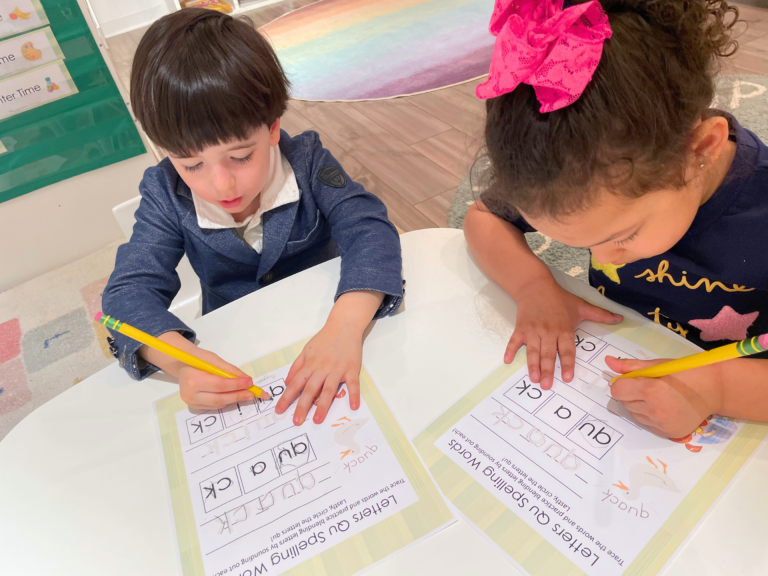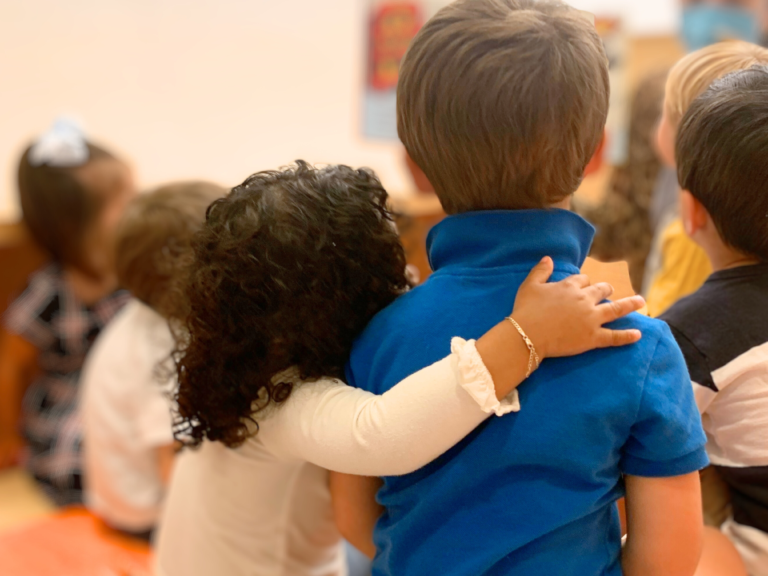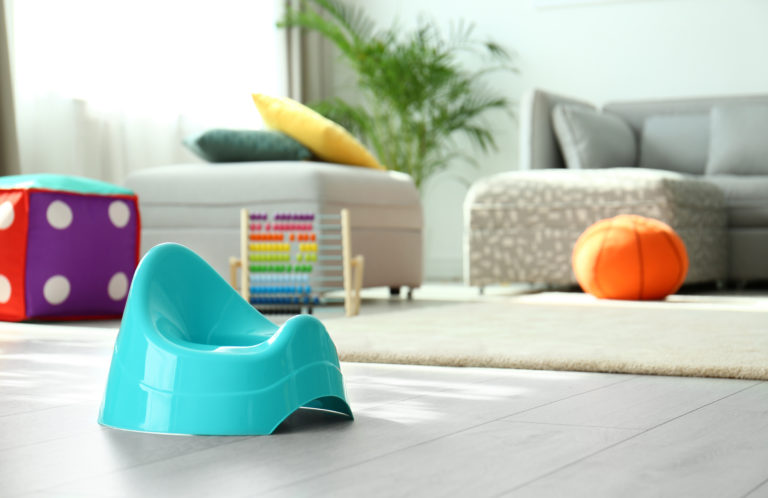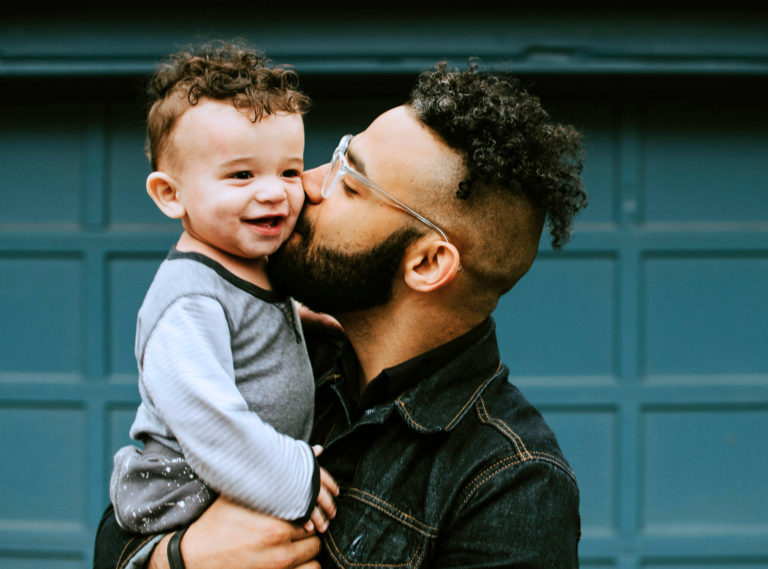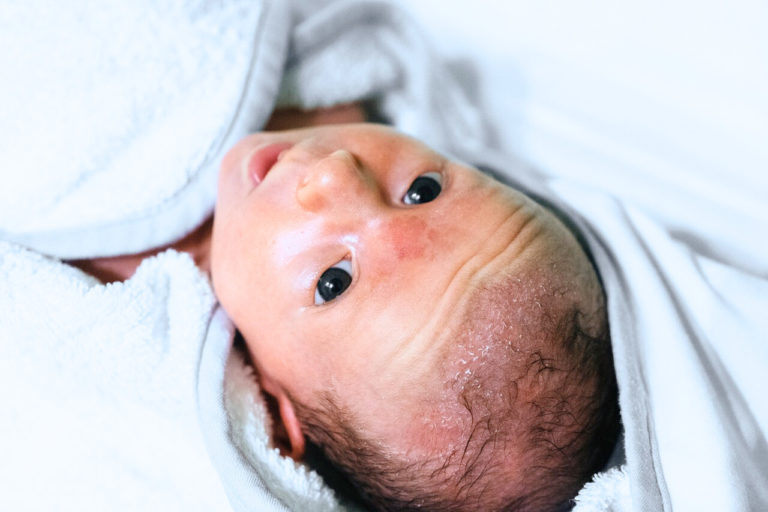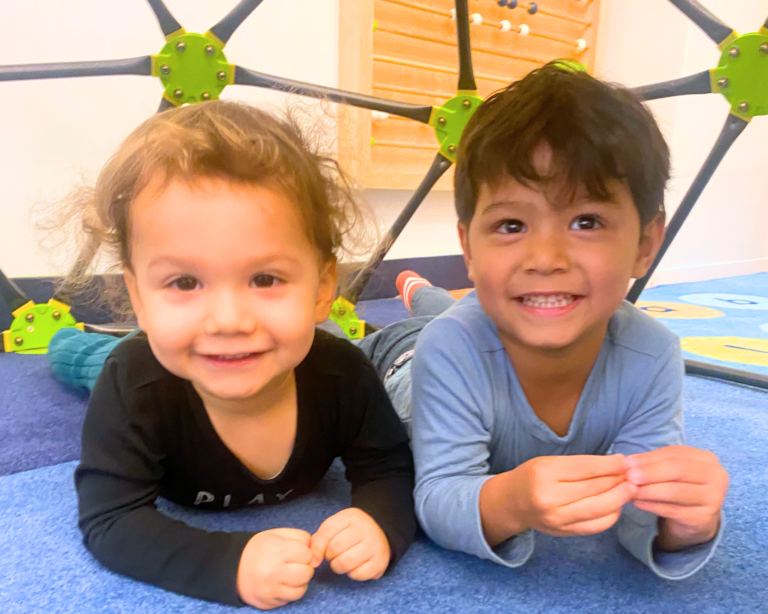Back to School Prep
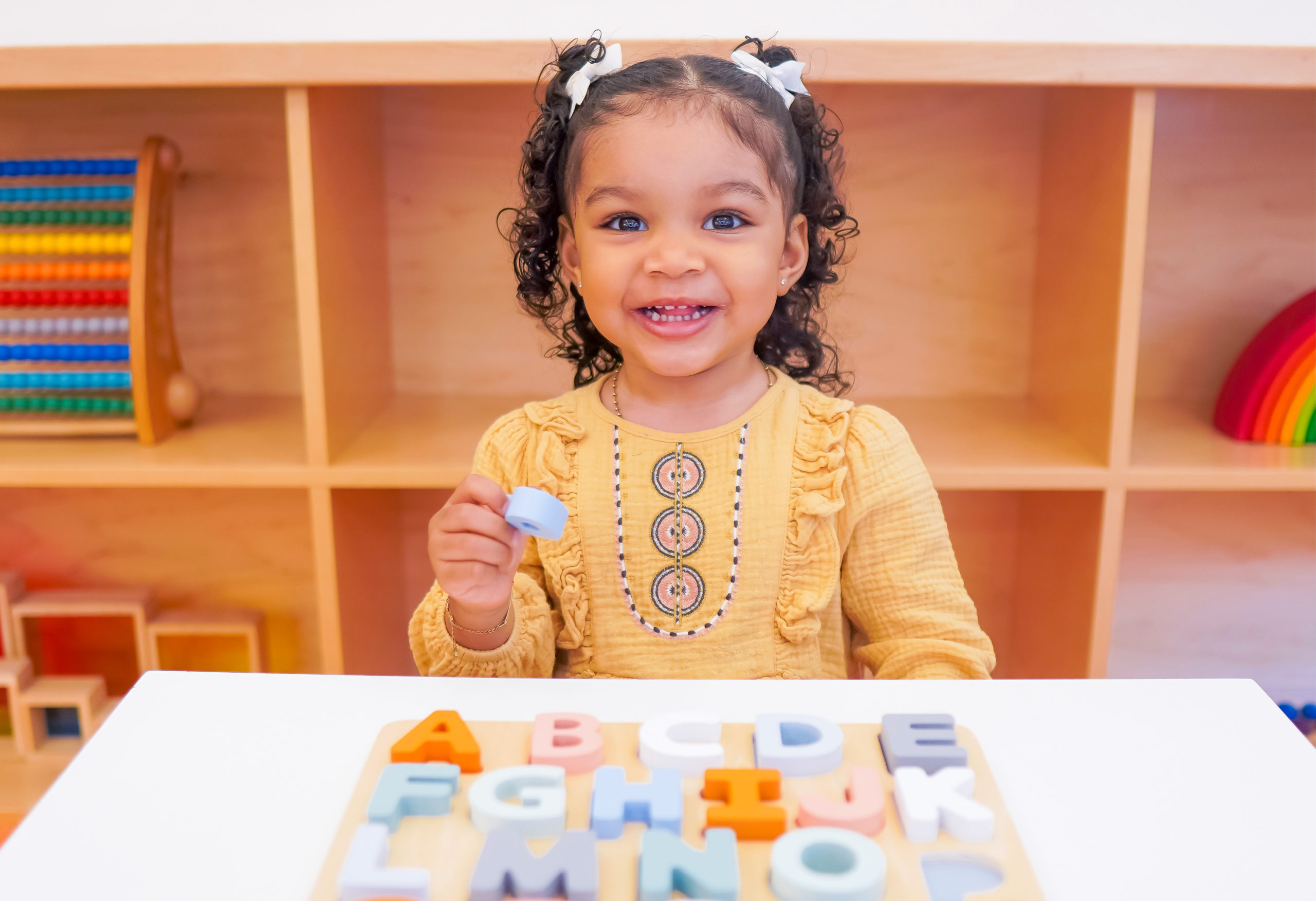
Back to school is just around the corner, so let’s discuss how best to prepare your child for this exciting transition. With summer coming to an end, it’s essential to reestablish nighttime routines. When thinking of proper bedtimes, it’s important to remember how many hours your child should be sleeping. Did you know that children ages 1-2 need 11-14 hours of sleep, including one or two naps during the day? Children ages 3-5 typically need 10-13 hours of sleep. Children ages 5-12 need about 9-12 hours of sleep. When creating a nighttime routine, aim for bedtime that allows your child to get the required hours for their bodies to function correctly. If your child is not going to bed early enough, give them about a week and a half to adjust their schedule. Start by going to bed 15-20 mins earlier until they have reached your desired bedtime. Try to remember that along with changing bedtime routines; you might need to also adapt and schedule morning wake-ups routines. If you notice that your child is having difficulty adjusting to the new routines, ask yourself if they have had enough physical activity throughout the day. You also want to ensure your child is exposed to at least one hour of natural light to help promote circadian cues or their body’s natural ability to distinguish when they should be awake or sleeping.
With the start of the school year fast approaching, practicing your morning routine a few times before the first day of school is also good. This will ensure you have enough time to get dressed, eat breakfast, and get out the door without forgetting anything. Children love to be a part of the process so let them help you the night before. This will eliminate some of the hustle and bustle of the morning. Your child can help you prepare their lunch for the next day, pick out their outfit, and ensure their backpack has everything they need for school. Creating this routine will give your child a sense of ownership and establish the importance of routines. Did you know that children are less likely to engage in challenging behaviors when they are aware of and can anticipate changes in routines? Routines help children accomplish daily tasks required in and out of school. They help children feel safe and secure while understanding the expectations of their environment.
Along with setting a morning routine, it is also good to talk with your child about what their day will look like in school. Talk about what will happen after you leave the house, how you will say goodbye, where your child will go after they say goodbye, and how their teacher (use their name) will show them around the classroom. You can also talk about what might be in their classroom (blocks, books, crayons), talk about lunch, and how you will be there to give them a big hug when their teacher dismisses them at the end of the day. If you are unsure what their day will look like, you can always reach out to their new teacher and ask.
If you have younger children, the first day of school also means saying goodbye to their beloved grown-up. For many young children, this is the biggest challenge they will have. So, what can you do to help ease this transition? You can try to orchestrate small separations to practice saying goodbye. Make sure to extend your time apart from your little one each time you leave. When you return, reinforce to your child that grown-ups always come back. This is also an excellent time to create and develop a goodbye routine. You can give a hug and say something like, “I can’t wait to hear about all the fun things you do today. See you soon!” Or you can kiss your child and say, “I can’t wait for you to see the surprise note I left in your lunchbox.” Creating a goodbye routine that is meaningful and special to your child is key to establishing success with separation.
Whether it’s your child’s 4th year of school or first, the first day of the school year stirs up many emotions. Your child might feel a wide range of emotions, from good feelings like excitement to not-so-good emotions like worried. As a parent, you might be feeling this way too. Keeping an open line of communication with your child is crucial. Setting time to check in on your child emotionally throughout your day is essential. Ask them how they are feeling about the first day of school. Give them examples of how you felt when you were younger about starting in a new class. Validate their feelings and reassure them that school is a safe place to learn and have fun.
Here are some other ways to help your child get ready for back to school:
- Get your child ready for school lunchtime. Practice makes progress; for lunch at home, give lunch similar to what you will be packing for school. This way, you can see if your child can easily open their lunch container, lunchbox, and snack bags. If they cannot, this is an excellent opportunity to help them practice and learn how to be independent at school.
- If this will be your child’s first year at the school, take family walks to it and casually mention how it will be their new school.
- Read books about starting school and books that discuss feelings. This will also give you many opportunities to bring up having to say goodbye, their first day of school, and their feelings surrounding school.
- It’s all about the process, so let your child be a part of it. If you are going supply shopping, let your child pick some supplies they will use at school.
- Let your child oversee small moments before school. Your child can pick their outfit the night before, pick what they will eat for breakfast or what they will eat for lunch at school. This will help to build confidence surrounding the first day of school and every day after.
Popular
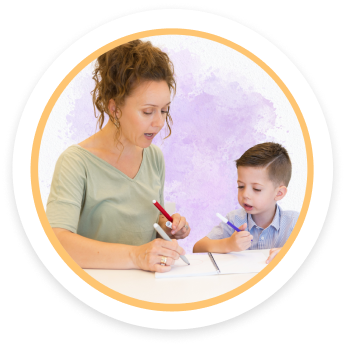

Hi, I'm Miss Charlotte!
Miss Charlotte is an Education Director by trade, and a mom by heart. All 200+ of our DIY projects were created by Miss Charlotte, with the help of her expert DIY assistant—Her 4 year old daughter! With a MST degree in Early Childhood Education and 15 years of teaching experience, her blogs and DIY projects have been an incredible resource for our Playgarden Prep schools. We hope that your family loves them as much as we do!

